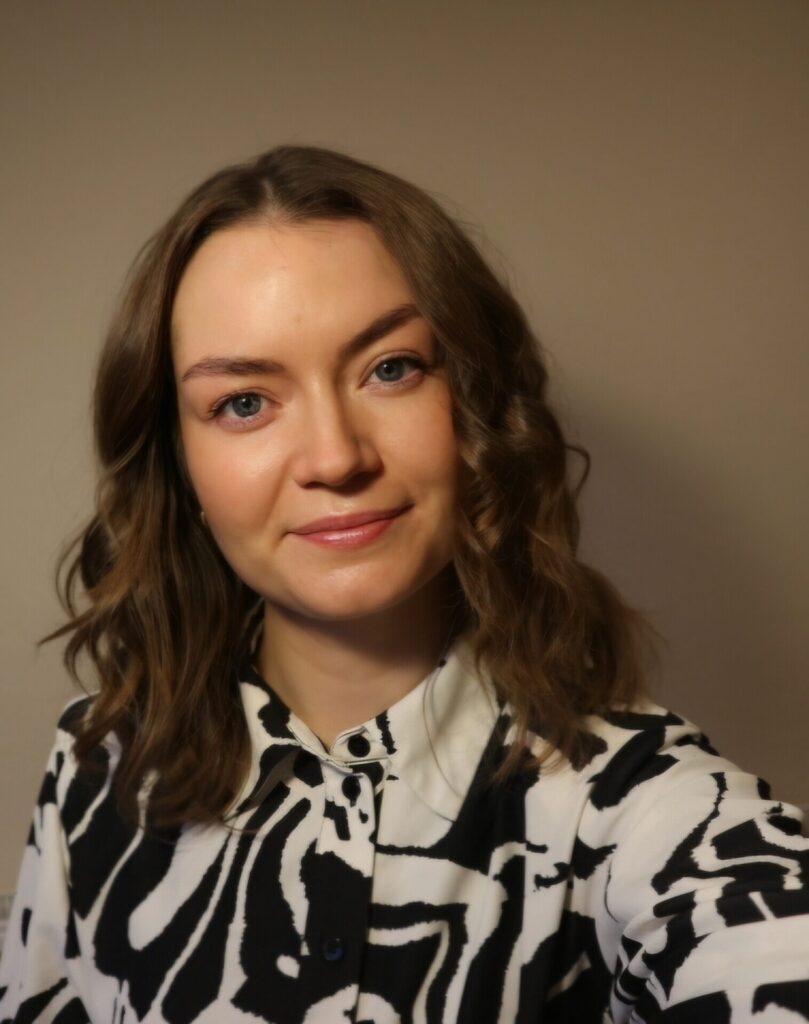Home » Time to act for women’s health: How the IPU and NWC can drive change together

The National Women’s Council (NWC) is the leading representative organisation for women on the island of Ireland. With nearly 200 member organisations, we represent a broad and diverse movement committed to ensuring that women’s voices are central in shaping public policy. A core pillar of our work is advocating for a strong, inclusive, and equitable health system that meets the specific needs of women throughout their lives.
NWC was delighted to welcome the IPU as a member in 2024. This partnership reflects a shared commitment to advancing women’s equality and improving access to healthcare across Ireland. Since joining, IPU has been an active and valued member, collaborating with NWC on a range of initiatives that align with our shared priorities. This includes supporting negotiations on the expansion of the publicly funded HRT scheme, and promoting the IPU’s Safe Pharmacy initiative, which offers a vital, discreet support point for women experiencing domestic abuse. As a member, IPU is now part of a strong, intersectional movement working to represent the diversity of women’s lived experiences. NWC’s membership creates space for meaningful dialogue, collaborative policy development, and connection with other member organisations working to advance women’s rights in all areas of life.
In June 2025, NWC launched its new Strategic Plan, Time to Act for Women’s Rights and Equality (2025–2029). This was an opportunity to reflect with our members on key achievements in the past few years, including:
Set against the backdrop of growing global threats to women’s rights, our new Strategic Plan outlines urgent and concrete actions to improve women’s lives in Ireland. It brings a renewed sense of urgency to addressing systemic inequality and sets out an ambitious roadmap for transformative change. Among its key priorities are promoting universal public services and fully realising women’s health rights through a more responsive, gender-sensitive, and trauma-informed healthcare system. The plan reflects NWC’s commitment to building an inclusive and intersectional movement where no woman experiences poverty, racism, violence, or exclusion. IPU’s expertise and leadership in primary care will be an important contribution to this work, particularly in ensuring that the health services women need are accessible and equitable across all communities.
“ Among [our Strategic Plan’s] key priorities are promoting universal public services and fully realising women’s health rights through a more responsive, gendersensitive, and trauma-informed healthcare system.”
NWC has played a leading role in developing and influencing national strategies and policy initiatives aimed at improving women’s health. NWC plays an active role on the Women’s Health Taskforce, working closely with the Department of Health and the HSE to implement the Women’s Health Action Plans. NWC were proud to contribute to the development of the Women’s Health Action Plan 2022–2023, which was a landmark commitment to advancing women’s health across primary care, mental health, sexual and reproductive health, and more. NWC’s engagement and membership on the Women’s Health Taskforce has enabled us to advocate for women-centred approaches in the planning and delivery of services and supports.
In addition to contributing to national health strategies, NWC has led on policy submissions and consultation responses related to free contraception, maternity care, access to abortion, menopause supports, and mental health reform. Our work is grounded in the belief that all women including Traveller and Roma women, disabled women, migrant women, and LGBTQ+ individuals must be supported to have equal access to healthcare.
As part of the ongoing work under the current Women’s Health Action Plan (WHAP) 2024–2025, NWC is leading on two key actions in collaboration with the Department of Health. Under Action 1E, NWC co-led the Women’s Health Forum to hear directly from key groups of women about their experiences with healthcare services. The launch of the report titled Our Health, Our Voices: Women’s Experience of Healthcare in Ireland – Report 2 is expected to take place in October 2025. The report is based on targeted listening sessions with 73 women from priority groups including migrant women, disabled women, Traveller and Roma women, LGBTQ+ individuals, and women with lived experience of homelessness, addiction, gender-based violence. The report highlights systemic barriers and calls for a healthcare system that is truly gender-sensitive, culturally competent, and trauma-informed.
Under Action 6D of the WHAP 2024-2025, NWC is leading a research project on the Free Contraception Scheme with researchers from Trinity College Dublin. The project aims to explore women’s awareness, experiences, and attitudes toward contraception, with a particular focus on some priority groups of women. This work involved a national survey of women aged 18–35, semi-structured focus groups with LGBTQ+ individuals, migrant women, Traveller women, and disabled women. The findings are due to be published later in 2025, and these will inform NWC’s advocacy on future improvements to the Scheme. A colloquium event is expected to take place in late 2025/early 2026 to bring together key stakeholders, including community pharmacists, relevant healthcare professionals, policymakers, and civil society groups, to discuss the research outcomes and advance equitable access to contraception for all women across the reproductive age range.
NWC’s Pre-Budget Submission 2026 called for significant progress towards the development of public services in a way that is universal, inclusive and gender sensitive. The ongoing implementation of Sláintecare must be a priority for the Government, as the reliance on private hospitals and health services continues to impact women’s timely access to care. This has created an imbalance in the provision of healthcare, allowing some to access higher quality treatment faster than others.
Following consultation with our membership, we developed a set of key health asks focused on addressing the most pressing barriers to women’s health. These included:
Looking ahead: a shared commitment to women’s health
Community pharmacists are a trusted and integral part of the healthcare system. Their role in delivering contraception, providing reproductive health advice, supporting women through menopause, and offering general health guidance makes pharmacists essential partners in the delivery of the Women’s Health Action Plan.
NWC is eager to work more closely with pharmacists and pharmacy organisations, including the IPU, to promote inclusive, community-based models of care that meet women where they are. NWC welcomes opportunities for continued dialogue and collaboration with pharmacists that strengthen services and remove barriers to health care for women.
Learn more at nwci.ie.
Doireann Crosson

Women’s Health Coordinator, National Women’s Council
Highlighted Articles